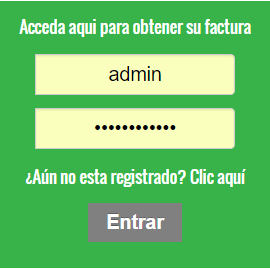Deal rooms became rather trendy within the past a couple of years. Companies get manifold benefits using them. So there is no surprise the data room market became quite big and profitable. New providers are developed all the time, and every one of them is trying to surprise customers with useful tools on this never-ending war for the interest of the audience.
But do data rooms really differ that much from virtual repositories? And why would a enterprise give money for it? Since there are numerous people who would ask these questions, let's understand the technology behind the virtual data room.
What is a VDR?
Let's start with the basics and discuss the software itself. It is a virtual repository where enterprises can store their sensitive documents. But even though it is the main ability of such technology, the list of its instruments doesn't end on simply being an archive. Virtual meeting room offers its users a complete interface for all firm interactions. Here team members can exchange the information, discuss details, get ready for meetings and some other. Basically, implementing this technology a corporation will have a broad range of various features that will help to advance the performance of the team and whole business.
So, while simple virtual storages can only offer a virtual space so a enterprise owner can keep documents there, virtual deal rooms are a complete brand tool. They can be used during Due Diligence, Mergers and Acquisitions, fundraisings, IPOs and other kinds of audits.
Protection is vital
Sure, not all enterprise works with the classified information all the time. But even though this data can be not very important, any business owner would want to get their data stolen or illegally used. Virtual storages like trendy Dropbox or Google Drive are not quite protected - different cases of data leaks have shown it to us quite clearly.
So, the main difference of digital data rooms is the data encryption and diverse ways of protection. Sure, generic virtual storages encrypt their transmission lines too - but not really the transferred data itself. And if someone has a direct link to the document, it can be easily stolen by malefactors.
Digital data room providers encrypt not only transfer lines but documents as well. There is no way they will be exposed to any kind of threat caused by malicious acts of hackers. Also, all digital data rooms have a two-factor authentication. It means that to log in the team member will need to enter the code that was sent to their smartphone in an SMS upon signing in.
Also, the owner of the VDR can take the control of the level of access other partners have. Settings can be changed at any moment. And if any extraordinary situation happens, the room administrator can eliminate the file remotely or stop the access to it.
Teamwork tools
Unlike ordinary online repositories, online meeting rooms are created to develop the work of the enterprise and among partners. So on top of that that participants can share files with each other, they can also be involved in conversations, hold different votings, manage Q&As and much more. It is extremely useful to have all tools in one interface.
Moreover, business owners have an opportunity watch the work process of their brands in the deal room . Some providers even offer an artificial intellect implemented in their apps. It helps to predict events and tendencies and get deeper insights. Besides that, business owners can keep an eye at thparties and notice if there are some flaws in the work of the team.
In conclusion, there surely are varied reasons to adopt a deal room in your brand and stop using generic virtual storages . Once you try an online deal room, you will not want to get rid of it.
https://dataroomsolution.com/


